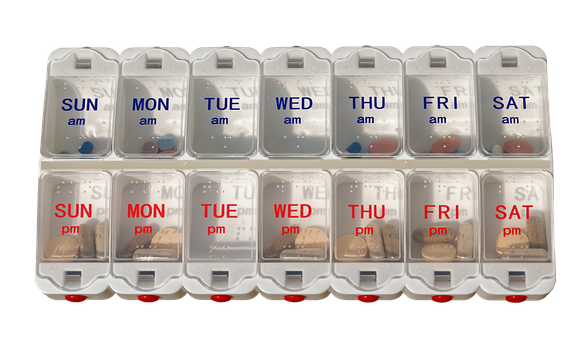Medical Insurance Billing and Coding Explained

Medical Insurance Billing and Coding Explained
Medicine is an art, a science and a business. Doctors learn the artistic and scientific aspects of their profession in medical school. But the business aspect of their practice getting paid requires a completely different set of skills, skills most doctors have neither the time nor the interest to acquire. Even if they did, few doctors would have to time to handle the complex administrative aspects of a modern medical office. Enter Medical Insurance Billing and Coding.
Medical Insurance Billing and Coding specialists work in doctors' offices, clinics and other medical facilities. Their primary job is to submit claims to insurance companies to ensure doctors and support staff are properly reimbursed for the services they render. Medical Insurance Billing and Coding professionals tend to deal mostly with private insurance companies and the agencies of state and federal governments who pay medical claims, e.g. Medicare. The Medical Billing department is often also responsible for collecting co-payments or deductible amounts from patients directly.
Processing a Claim

To process claims, the Medical Insurance Billing and Coding specialist first deals with the patient's medical record, which contains the physician's notes on what services were performed. The specialist must then translate this information into a five-digit numerical code drawn from the American Medical Association's Current Procedural Terminology (CPT) guide. The actual diagnosis is also coded based on a government guide called the International Statistical Classification of Disease and Related Health Problems (ICD). It is very important that the CPT and ICD codes match up, or a claim will likely be rejected.
In fact, according to the Healthcare Billing and Management Association, up to one half of all medical claims are initially rejected by insurance carriers. Medical Insurance Billing and Coding specialists must therefore need to learn how to skillfully adjust and resubmit claims in a way insurance companies are more likely to accept.
Paper vs. E-Claims
In the past, virtually all medical billing and coding was done on paper, which was slow, inefficient and expensive. Today, more and more claims are being filed electronically, although paper-based billing is still very common. In the coming years, computer skills will be increasingly important to Medical Insurance Billing and Coding professionals.

Training & Certification
To become a Medical Insurance Billing and Coding professional, one should take a specialized medical billing training in this field from a recognized and accredited college or university. Such programs can normally be completed in about a year. After that, industry certification is also recommended. The Certified Medical Reimbursement Specialist (CMRS) accreditation by the American Medical Billing Association is one of the most recognized of specialized certification in this field.
Medical Insurance Billing and Coding is a highly specialized field that is critical to the operation of modern medical offices. The need for well-trained Medical Insurance Billing and Coding specialists is likely to grow significantly as America's population and the need for quality medical care grows over the next few decades.
http://www.articlesbase.com/college-and-university-articles/medical-insurance-billing-and-coding-explained-2755543.html Medicare Supplement Insurance Charges Can be Too Pricey For Some On Medicare Medical Malpractice Insurance: Is It Applicable For Nursing Students Too? Fee Schedule Establishes Coverage for Annual Wellness Visits for Medicare Patients Aspects Of Medicare Supplement Insurance Coverage Medicare Supplement Insurance Plans: Listing by Coverage Easy Steps To Medicare Coverage The Medicare Supplement Insurance Plan Reasons In Getting Breast Surgery Regulations For Medicare Supplement Insurance Companies Insurance Policy Of Medicare Supplement Insurance Companies Online Medical Supply At Wholesale Cost Online Medical Supply For Sutures How to Get Bigger Breasts Without Surgery